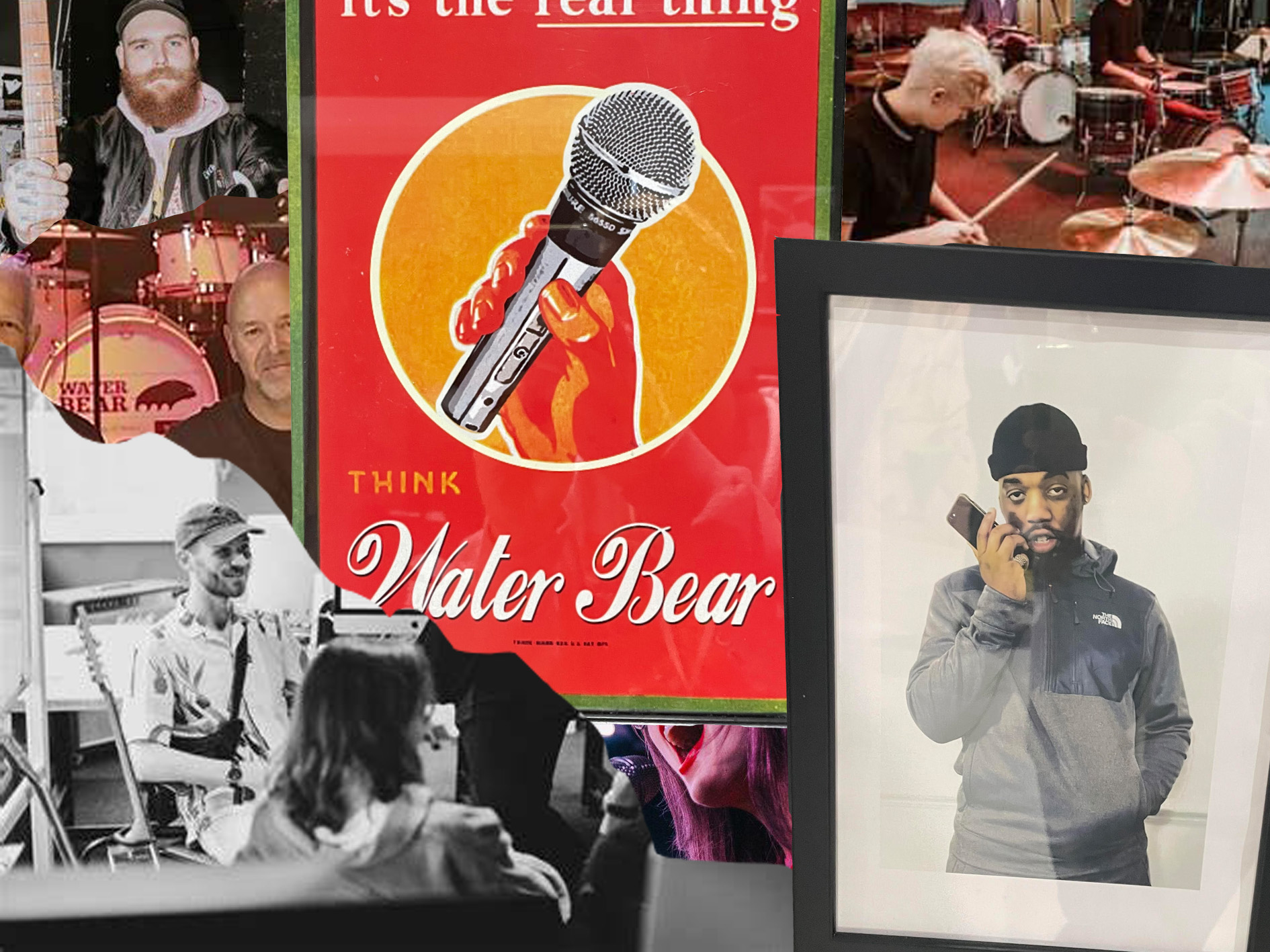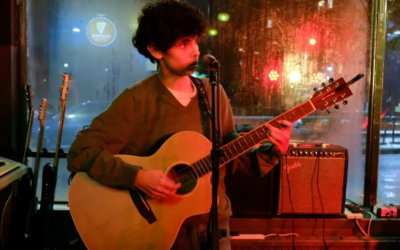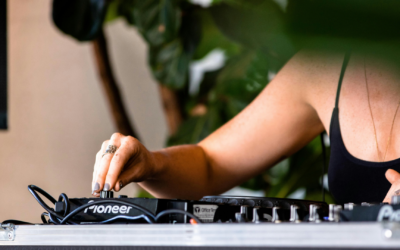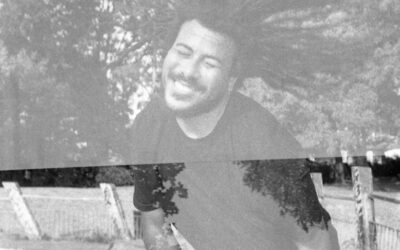The music industry has come a long way from recording singles on vinyl. With the rise of the internet in the 1990s, the way music is sold, consumed and marketed has changed drastically, and that does not necessarily have to be a bad thing. In fact, musical output has thrived in this time, with 100,000 songs being uploaded to digital platforms every day according to Spotify. The problem is, far too many musicians are being left behind in the new, fast paced world of today, and education needs to change to cater to this shift towards an increasingly online industry.
Music colleges and universities need to keep up with this shift in accessibility and offer the best possible education for those aspiring to be in the music industry. Adam Bushell is one of the founders of Water Bear Music College and has 30 years of experience in the industry. He realised this gap in education: “We’ve got to do new colleges, no one’s acknowledging how things have changed at that music education level, no one’s doing it, they’re talking about an industry that doesn’t exist anymore.”
The courses at Waterbear are awarded by Falmouth University meaning students get that valuable piece of paper from one of the best creative arts institutions in the UK. Some of the courses they provide under the title Professional Music are songwriting, performance, production, electronic music and business.
It’s about creating a self-sufficient student: “It’s a lot more about portfolio careers now. When I was practising as a drummer in the 80s and 90s all I had to do was learn to play well and then I’d get gigs. I could just be a drummer, you know you can’t do that anymore. You’ve gotta be a drummer, you’ve got to be a content creator, you’ve got to be an editor, you’ve gotta be an event manager.”
This has changed and what Adam Bushell tells his students is: “Don’t kid yourself you’re in the industry now and you’ve got to think about yourself as being in the music industry now, you can build an audience now, you can get your product out there now, you haven’t got a gatekeeper, you don’t need a Simon Cowell or a major label to get your music out to the world you can do it right now.”
The music industry isn’t like studying accounting or business where you have the progression through the right colleges and then the right companies. Having a career in the industry is about: “Meeting people and being a proactive person, obviously being good at what you do, that’s one thing that will always be the basis, there’s no shortcut. It’s still about being good on the drums, it’s still about being a good songwriter, and it’s still about working on your craft.
“Now, it’s much more about well, what are you gonna do with it? You could be the world’s greatest guitarist sitting in your bedroom, great, you’ll still be getting a job down the bank because you can’t make money out of what it is you do. It’s about taking those skills and applying them into a modern music industry”
“It’s the idea that your gonna go to uni your gonna study music for three years and at the end of it your going to go out to this place called “the music industry” it just doesn’t work like that, you need to know how to work it.”
Alongside the degree, there are several scholarships offered by Waterbear having partnered up with artists such as royal blood, Carl Cox and the guitarist Cory Wong among others. If you are going to go without a scholarship though you will still be paying £9250 a year like most degrees in the country.
This is the problem. You are still paying the same as any other degree and you still have to buy most of your equipment, it’s not an accessible utopia for anyone wanting to get into music. Realistically you might still be coming out without a job, but this is what you’ll get regardless of where you study. With a degree like this, you are far more clued up on how to go about your career with the connections and networks already in place to make something happen.
Adam tells me: “We’re called Waterbear because it’s the world’s most resilient creature; it can literally survive anything. We want our students to be as resilient as a water bear.
“Take charge of your own career you don’t need to rely on a label any more, you don’t need to rely on anyone but yourself to get it out there”.
READ: Former Pulp drummer reflects on his time in the band and offers advice
Follow us on Instagram, Twitter, Facebook and Tiktok for more content!









